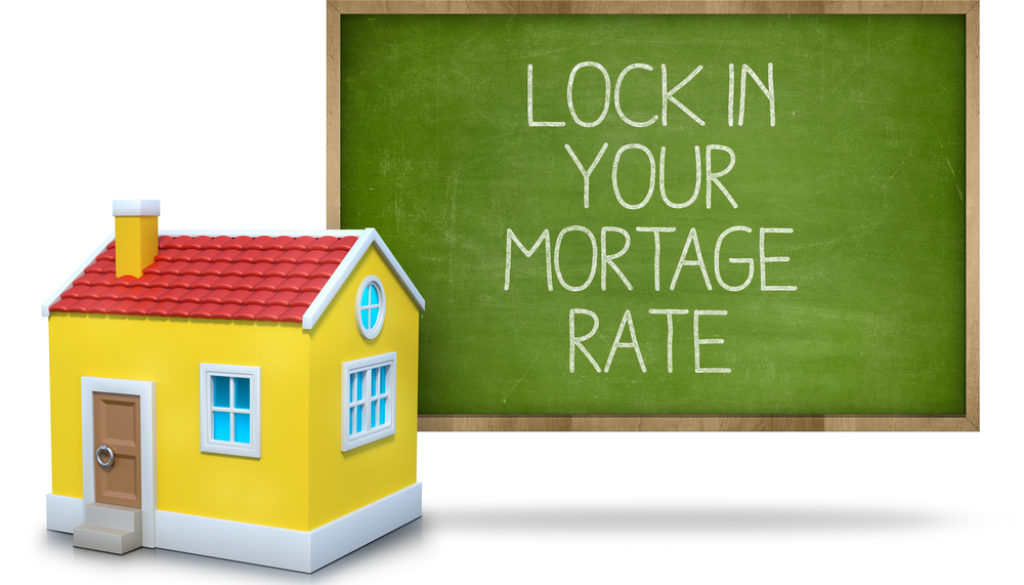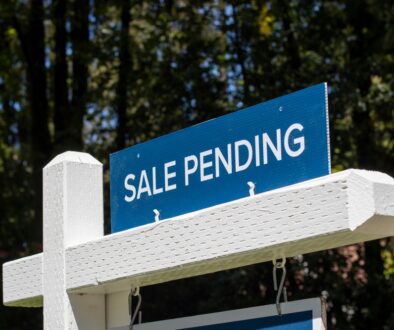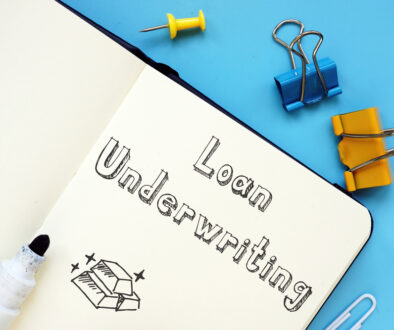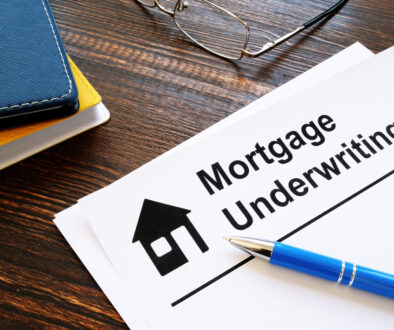Mortgage Rate Lock: Basics, Benefits and Scenarios
All homebuyers want to get the lowest possible interest rates on their mortgage, but rates fluctuate incredibly often – even by the hour sometimes. For this reason, many borrowers consider what’s known as a mortgage rate lock for a rate they’re comfortable with as they approach closing.
At Primary Residential Mortgage, we’re happy to offer a variety of mortgage loans and mortgage rates to all our clients, and we’ve assisted many with mortgage rate lock scenarios. What is a mortgage rate lock, and why might you consider one for your situation? This two-part blog series will go over everything you need to know.
Rate Lock Basics
As the name suggests, a mortgage rate lock refers to a guarantee from your lender that, for an agreed-upon period of time, the current interest rate you’ve been pre-approved at will not rise. The goal here is to protect you from the fluctuations of the market during the period where you’re closing – this is a time where your lender will have to underwrite your loan and process it, and this often takes several weeks, during which mortgage rates on the market may go up or down.
But if you lock the rate in before this, you get to keep the lower rate regardless. There are also what are known as “float down” options that allow you to still capitalize on a situation where mortgage rates drop during this period, but not to be punished if they rise.
Common Scenarios
Once you’ve locked in a mortgage rate, here’s how things will proceed depending on what happens with mortgage rates during your closing period:
- Rates go up: If mortgage rates rise during your closing period, you are protected as long as your loan is still in process, and you will pay the lower rate.
- Rates go down: If you have a float-down option, which we mentioned above, you can capitalize on this to get an even lower rate. If you do not, however, you will have to pay the rate you locked in at.
- Rates stay the same: If rates stay the same, there will be no issue and your payments will be as expected.
Why It’s Sensible
The primary reason borrowers go with a rate lock is peace of mind and easier budgeting. It’s very hard or even nearly impossible to predict how mortgage rates will vary during your closing period, so going without a rate lock is a risk – if rates go way up, you may have lost your bet, but if rates go down, you may have won it in a big way.
Many homebuyers, especially first-timers, don’t want this level of risk. Rather, paying a small fee for a rate lock is preferable for many, as it helps them know exactly what to expect and allows for better budget preparation.
For more on mortgage rate locks, or to learn about any of our mortgage rates or home loan services, speak to the staff at Primary Residential Mortgage today.
*PRMI NMLS 3094. PRMI is an Equal Housing Lender. Some products and services may not be available in all states. Credit and collateral are subject to approval. Terms and conditions apply. Programs, rates, terms, and conditions are subject to change and are subject to borrower(s) qualification. This is not a commitment to lend. Opinions expressed are solely my own and do not express the views of my employer.




